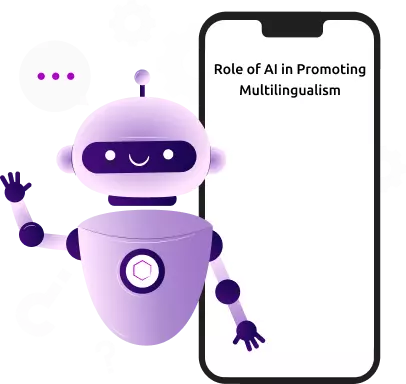- Our Writers
- How to Order
-
Services
Essays
Papers
- Why Us
- Resources
Artificial Intelligence (AI) has woven its way into nearly every aspect of our lives, and education is no exception. In recent years, AI-driven tools have started to transform the way we teach and learn.
From personalized learning experiences to advanced analytics, AI has opened up a world of possibilities in education.
In this blog, we will explore the current trends and future possibilities of AI in education, with a particular focus on AI essay writing tools and their profound impact.
Imagine having a personal assistant to help you with your academic research and essay writing. AI essay writing tools have made this a reality. These tools are designed to assist students and educators in various aspects of the writing process.
They can generate topic ideas, provide research suggestions, and even help with grammar and style checks. This revolution in writing assistance has not only enhanced the quality of essays but has also made the process more efficient.
One of the most significant benefits of AI in education is its ability to personalize the learning experience. AI-driven platforms can analyze a student's strengths and weaknesses and tailor educational content accordingly.
This means that each student receives a customized learning path, which can lead to better comprehension and retention of knowledge. AI can identify where a student is struggling and provide additional support or practice exercises to reinforce their understanding.
Language can be a significant barrier to learning, especially for non-native English speakers. AI-powered language translation and comprehension tools are making education more accessible to students worldwide.
These tools can translate lectures, textbooks, and other educational materials into multiple languages. It enables students to learn in their native language while still gaining access to global knowledge.
Traditional assessments often focus solely on final exam scores or standardized tests. AI is changing this paradigm by introducing continuous assessment and feedback mechanisms.
AI-driven assessment tools can track a student's progress in real time, providing immediate feedback on their strengths and weaknesses. This helps educators make data-driven decisions and allows students to address their weaknesses proactively.
The concept of lifelong learning has gained significant importance in today's rapidly changing world. AI can facilitate lifelong learning by offering personalized courses and content that cater to an individual's evolving needs and interests.
Whether you want to acquire a new skill, explore a hobby, or deepen your knowledge in a particular field, AI can curate a learning journey tailored just for you.
Accessibility is a critical concern in education. AI is playing a pivotal role in making education more inclusive for students with disabilities.
Text-to-speech and speech-to-text technology, for example, assist students with visual or hearing impairments. It ensures they have equal access to educational resources.
As we look to the future, the impact of AI on education is poised to become even more profound. Here are some exciting possibilities:
Imagine having a virtual tutor available 24/7 to answer your questions and provide guidance. AI-powered virtual teachers and tutors are on the horizon, and they have the potential to revolutionize one-on-one learning experiences.
AI can predict when a student is likely to struggle or drop out of a course based on their behavior and performance data. Early intervention can then be initiated to provide the necessary support, ensuring that students stay on track.
AI can be used to create educational content such as textbooks, lectures, and quizzes. This could lead to the development of highly adaptive and engaging learning materials.
AI can be harnessed to create immersive learning experiences through gamification and virtual reality. This could make learning more engaging and fun, especially for younger students.
While AI writing assistants offer numerous advantages, they also come with their fair share of drawbacks. Here's a brief overview of the pros and cons:
Pros:
Cons:
| AI Writing Assistant | Primary Function | Potential Impact |
| Essay Writing Tools | Efficient essay writing | Improved writing efficiency |
| Grammar & Spell Checkers | Error detection | Enhanced writing quality |
| Plagiarism Checkers | Plagiarism detection | Promoting academic integrity |
| AI Tutors | Personalized instruction | Customized learning experiences |
| Auto-generated Content | Content creation | Increased availability of resources |
Final Verdict!
The impact of Artificial Intelligence on education is already evident in the current trends we see today, particularly in the realm of AI essay writing tools. These tools have transformed the way students approach research and writing, making the process more efficient and accessible.
Moreover, the future possibilities of AI in education are boundless, offering the promise of personalized learning and inclusivity.
As we embrace these technological advancements, it's essential to remember that AI is not a replacement for educators but rather a powerful tool to enhance their capabilities. With tools such as AI essay writer as our ally, we can look forward to a future where education is more accessible than ever before.

WRITTEN BY
Dr. Alex Mercer (Mass Literature and Linguistics, Masters )
Dr. Alex Mercer is a renowned author specializing in AI and academic writing, known for his insightful and informative blogs on EssayService.ai. With a passion for both technology and education, Dr. Mercer has established himself as a trusted voice in the field, providing valuable insights to students, educators, and technology enthusiasts alike.
Dr. Alex Mercer is a renowned author specializing in AI and academic writing, known for his insightful and informative blogs on EssayService.ai. With a passion for both technology and education, Dr. Mercer has established himself as a trusted voice in the field, providing valuable insights to students, educators, and technology enthusiasts alike.
On This Page On This Page
Share this article
AI-Powered Virtual Labs: Revolutionizing Science Education
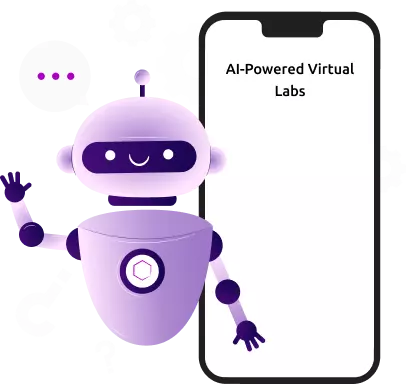
How AI-Powered Writing Tools are Transforming Academic Writing
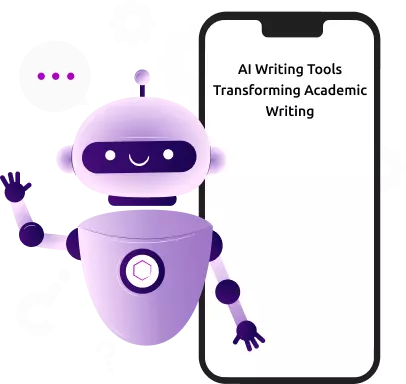
AI Writing Assistants: A Writer Best Friend or Worst Enemy?
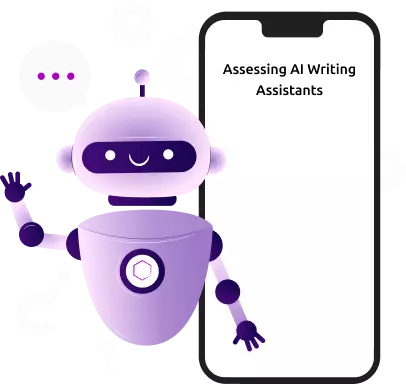
CopyAI vs. EssayService.ai
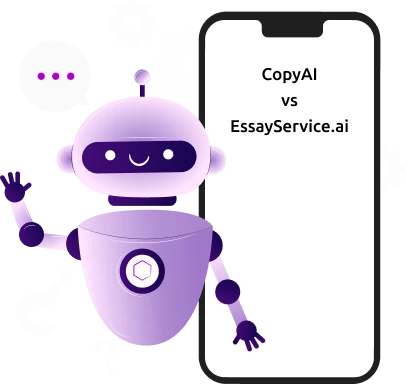
Jasper vs. EssayService.ai
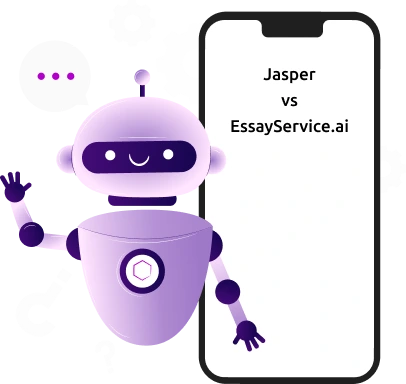
Rytr vs. EssayService.ai
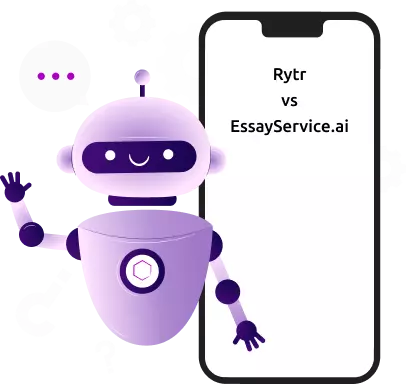
Smodin vs. EssayService.ai

Ethical Considerations in AI-Generated Content
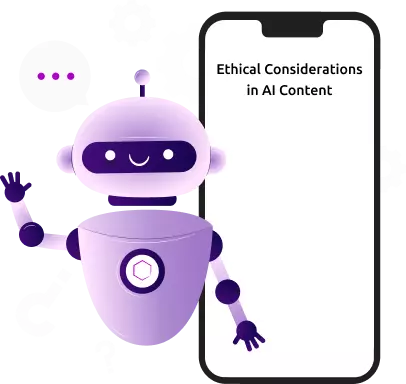
Future Trends of AI in Academics
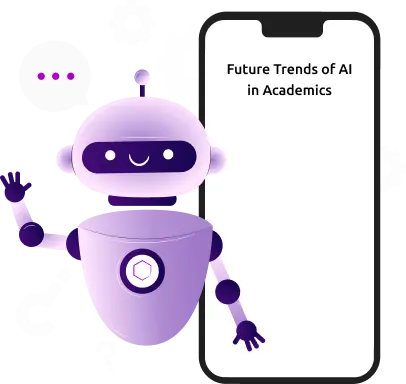
The Impact of Artificial Intelligence on Education: Current Trends and Future Possibilities
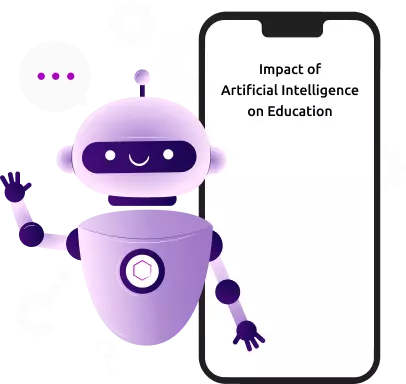
Improving Your Essay Writing with AI: Tips and Strategies
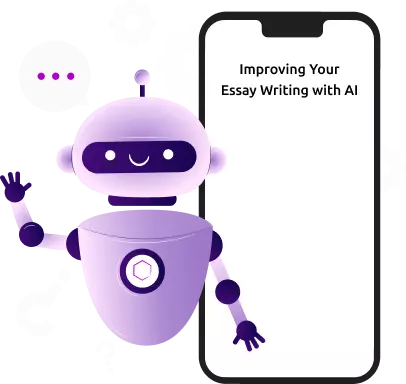
Natural Language Processing in Academic Writing: Tools and Techniques
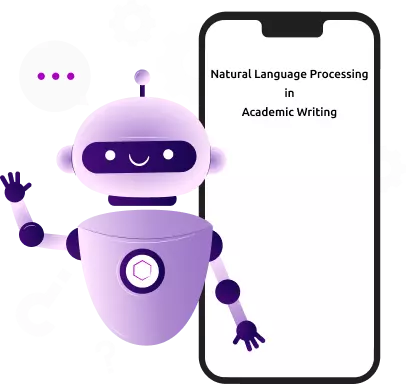
The Psychology of AI-Generated Content: How Do Readers Perceive It?
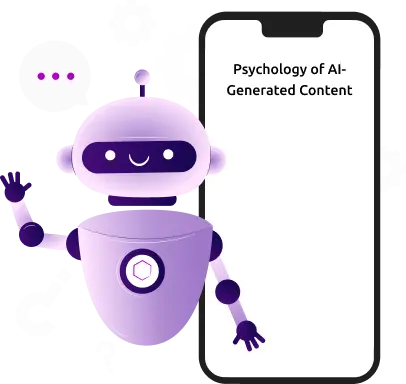
The Role of AI in Promoting Multilingualism: Breaking Language Barriers in Writing
